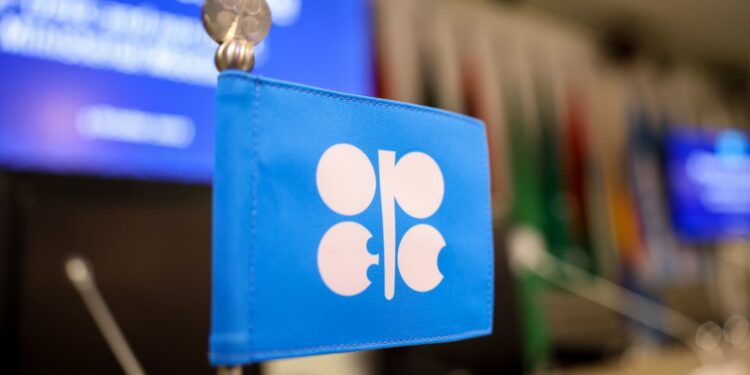Contrary to a secret diplomatic push by the Biden administration to avert cuts that could push up global gasoline prices and offer a small lifeline to Russia’s battered wartime economy, a cartel of oil-producing nations led by Saudi Arabia agreed to drastic reductions in oil production.
The OPEC+ group, which includes the majority of the world’s top oil exporters, reached an agreement on Wednesday to reduce production by 2 million barrels per day on paper, the largest reduction in production since the COVID-19 pandemic began in 2020. Since the majority of OPEC members are already underproducing, the cartel will probably cut the market by about 1 million barrels. Wednesday saw a slight increase in crude prices without a spike.
Matthew Reed, an expert on the oil industry and the vice president of Foreign Reports, a Washington-based consulting firm, stated, “They agreed to a larger cut on paper so they wouldn’t have to renegotiate quotas, which is always like pulling teeth.” This is important. This indicates that OPEC will remove less oil from the market than the headlines indicate.
Despite the White House’s assertions, punitive politics are not the cause of the cuts. Instead, the impending global recession will significantly reduce global oil demand. Following a lackluster global demand for oil that was exacerbated by central banks worldwide tightening rates, Goldman Sachs reduced its 2023 oil price forecast from $125 to $108 per barrel last week.
However, the decision is a setback for the Biden White House, which sought to secure a plentiful supply of oil by courting Saudi Arabia and other Gulf nations this year. Saudi Arabia and the United Arab Emirates, two of Washington’s most important partners in the Middle East, sided with Russia and other major oil powers in the decision to cut oil production. According to CNN, the unsuccessful campaign to pressure OPEC+ members to avoid the cuts involved several senior officials from the Biden administration, including President Joe Biden’s leading energy envoy, Amos Hochstein.
Legislators in the United States, some of whom are allies in Biden’s Democratic Party and have criticized the president for pursuing closer ties with Saudi Arabia in recent months, were enraged by the announcement. On Twitter, Democratic Sen. Chris Murphy, a member of the Senate Foreign Relations Committee, commented, “I thought the whole point of selling arms to the Gulf States despite their human rights abuses, nonsensical Yemen War, working against US interests in Libya, Sudan, etc., was that when an international crisis came, the Gulf could choose America over Russia/China.”
Rep. Ro Khanna, a progressive Democrat, said of the news, “President Biden should make it clear that we will stop supplying the Saudis with weapons and air parts if they fleece the American people and strengthen Putin by making drastic production cuts.” They require us more than we require them.
National Economic Council Director Brian Deese and National Security Advisor Jake Sullivan issued a joint statement from the White House, stating that the president was “disappointed” by the OPEC+ group’s decision to reduce oil production in light of the energy shortage brought on by Russia’s invasion of Ukraine and describing the action as “shortsighted.” (OPEC to slash oil prices after Vienna meeting)
According to Sullivan and Deese, “at a time when maintaining a global supply of energy is of the utmost importance, this decision will have the most adverse effects on lower- and middle-income countries that are already reeling from elevated energy prices.” The administration suggested that it might be open to harsh antitrust legislation that would put OPEC under scrutiny, which has been proposed nearly every year for decades.
OPEC producers are concerned about two things, despite the fact that the Biden administration has benefited politically and economically from low gasoline prices that have fallen from their early summer highs: the G-7’s plan to impose a price cap on Russia’s oil exports and a fall in demand (and oil prices).OPEC wants to remain a seller’s cartel and not let consumers set prices.











